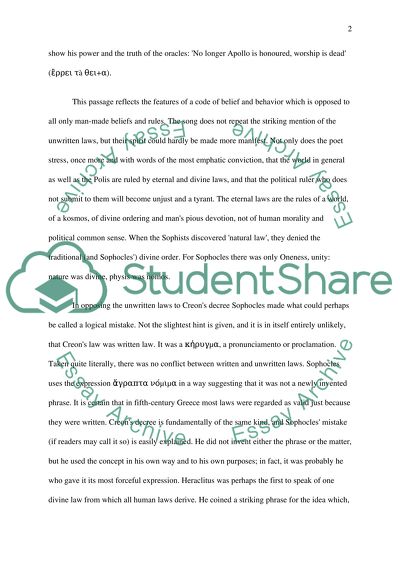Cite this document
(“Oedipus the King by Sophocles Essay Example | Topics and Well Written Essays - 750 words”, n.d.)
Oedipus the King by Sophocles Essay Example | Topics and Well Written Essays - 750 words. Retrieved from https://studentshare.org/philosophy/1533859-humanities-high-school-essay
Oedipus the King by Sophocles Essay Example | Topics and Well Written Essays - 750 words. Retrieved from https://studentshare.org/philosophy/1533859-humanities-high-school-essay
(Oedipus the King by Sophocles Essay Example | Topics and Well Written Essays - 750 Words)
Oedipus the King by Sophocles Essay Example | Topics and Well Written Essays - 750 Words. https://studentshare.org/philosophy/1533859-humanities-high-school-essay.
Oedipus the King by Sophocles Essay Example | Topics and Well Written Essays - 750 Words. https://studentshare.org/philosophy/1533859-humanities-high-school-essay.
“Oedipus the King by Sophocles Essay Example | Topics and Well Written Essays - 750 Words”, n.d. https://studentshare.org/philosophy/1533859-humanities-high-school-essay.


